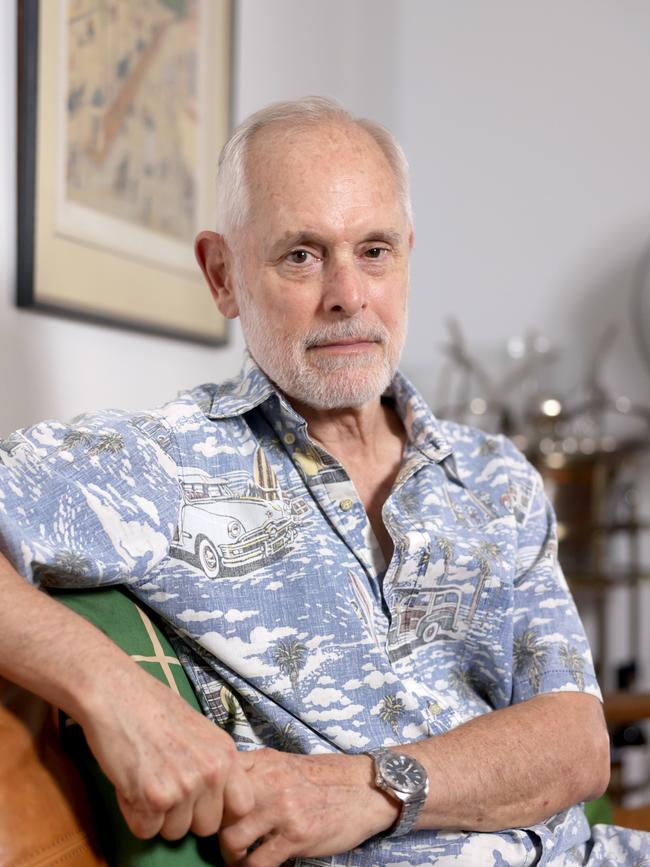Qld man John Mylne forked out $60,000 for a lifesaving cancera disease where abnormal cells split without control and spread to other nearby body tissue and/or organs treatment that could have cost $7.70 if he had a different cancer. Now, doctors and patients are begging for change to save lives.
Written by Clare Armstrong, National Political Editor
The Daily Telegraph, 23 April 2025
Exclusive: Doctors and patients are calling on Anthony Albanese and Peter Dutton to save Australians who cannot afford to self-fund lifesaving cancer treatments by adopting a streamlined funding model.
More than a thousand patients across eight cancer types would immediately gain access to cheaper immunotherapya treatment that uses a person's immune system to fight cancer if the next federal government agreed to the “multi-cancer” funding proposal, new analysis has found.
Cancer advocates have warned patients are “dying waiting” the 450-day average time it currently takes for a treatment to be listed on the Pharmaceutical Benefits Scheme, but a request to group cancer types with shared DNA indicators together to speed up assessment has been caught in red tape since 2023.
“The lack of action, when viable solutions are on the table, is deeply distressing,” Rare Cancers Australia chief Christine Cockburn said. “It means people, particularly those with rare cancers, are waiting, going bankrupt, or dying.”
Brisbane retiree John Mylne, 70, has been battling prostatea walnut-shaped gland in the male reproductive system that is responsible for producing semen - a bodily fluid that acts as a vessel for sperm transport during ejaculation cancer for eight years and when multiple chemotherapies, radiation and other options failed was told in 2023 he was on his “last legs”.
But when a test then showed his cancer was likely to respond to an immunotherapy called Keytruda, he decided to self-fund the $60,000 two-year treatment.
It has so far been a success, with Mr Mylne now enjoying hobbies like indoor rock-climbing and riding his Indian Challenger motorcycle.
“I got my old life back,” he said.
If Mr Mylne had cancer in the lung, kidneya pair of bean-shaped organs in the abdomen that are responsible for filtering excess water and waste products from the blood and converting them into urine to be removed from the body or bowelportion of the digestive system that digests food (small bowel) and absorbs salts and water (large bowel); also called intestines, he would have paid as little as $7.70 on the PBS for the three-weekly infusions.
Mr Mylne’s oncologista doctor who specialises in the study, diagnosis and treatment of cancer, Professor Aaron Hansen, said more cancer types had been showing an improvement in survival and cureno evidence of disease; complete cancer remission rates from immunotherapy, but the challenge was getting the funding flowing for patients once the safety and efficacy of the treatment had been established.
“It’s hard as a physician to watch, knowing there are (treatments) out there that can potentially help patients that just because of funding issues, they’re not able to access,” he said.
Health Minister Mark Butler he wanted patients to get access to life changing treatments “as quickly as possible” and had been advised the multi-cancer proposal would be considered by independent health officials in July.
“I am keen to see this matter resolved in the best interests of patients,” he said.
Coalition health spokeswoman Anne Ruston – who will face off Mr Butler in an election debate on Wednesday – said the opposition was “committed to ensuring Australian patients have timely and affordable access” to potentially lifesaving medicines.

